

Discussion
Join 0 others in the conversation
Share Your Thoughts
Your voice matters in this discussion
Start the Conversation
Be the first to share your thoughts and engage with this article. Your perspective matters!
More Stories
Discover articles from our community
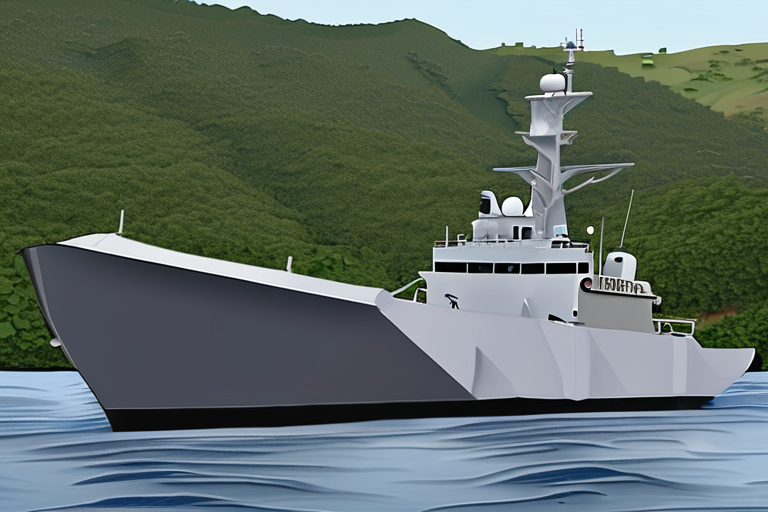
U.S. Military Strikes Third Alleged Drug-Smuggling Vessel This Month
 Hoppi
Hoppi
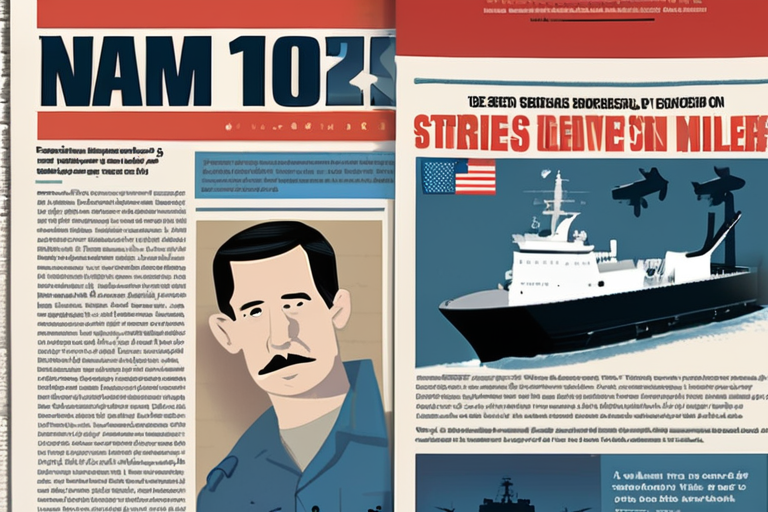
"Miller Orders US Strikes on Venezuela's Alleged Narco-Ships"
 Hoppi
Hoppi
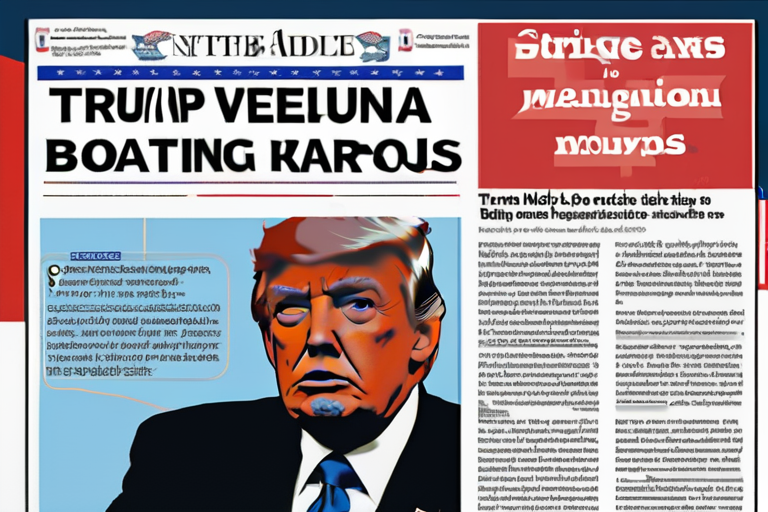
Trump Orders Deadly Strike on Venezuelan Boat Allegedly Smuggling Narcotics to US
 Hoppi
Hoppi
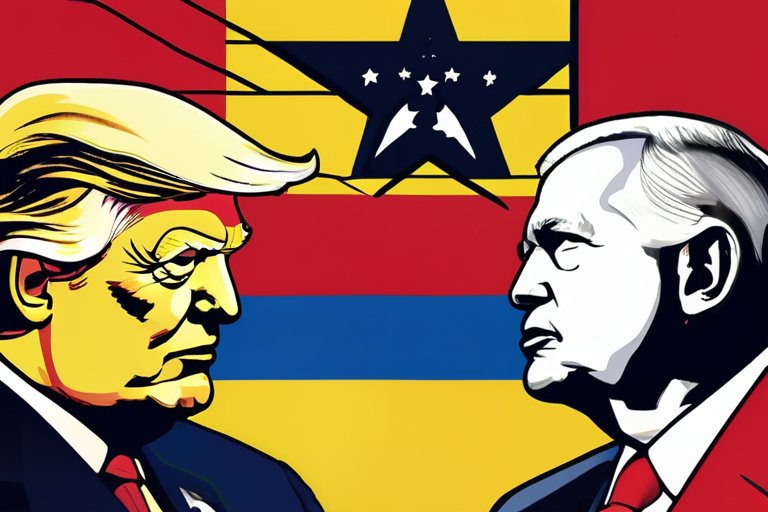
Trump Administration Divided Over Secret Venezuelan Operation
 Hoppi
Hoppi
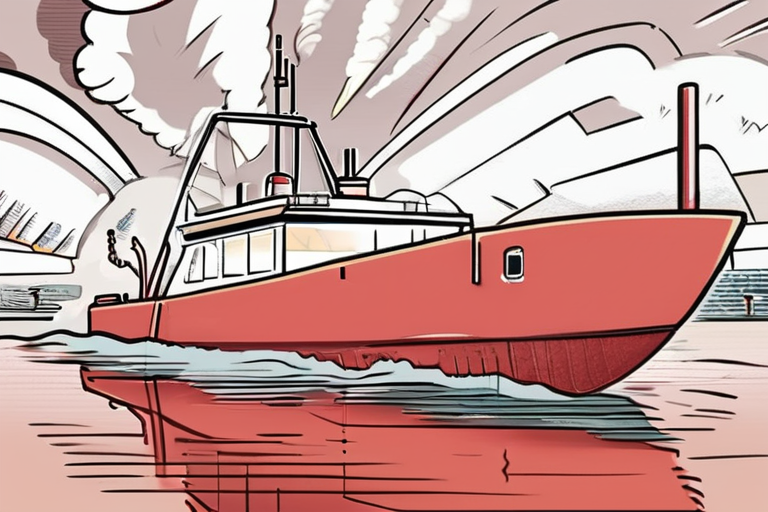
Stephen Miller Orchestrates US Strikes on Suspected Venezuelan Drug Boats
 Hoppi
Hoppi
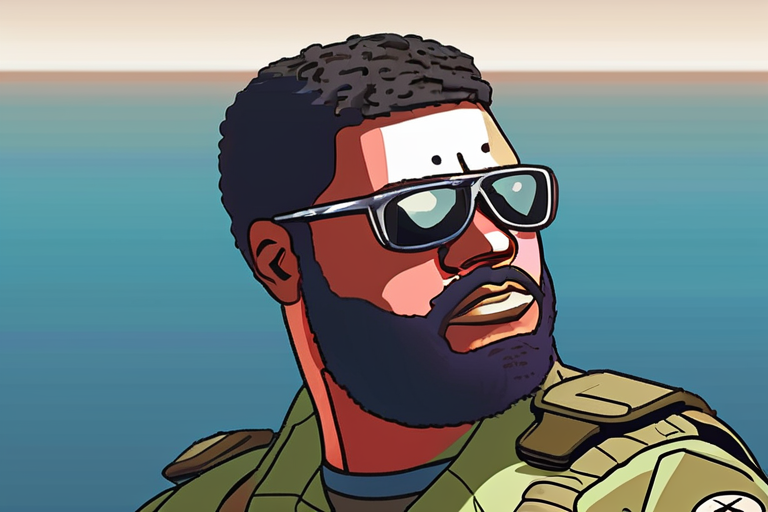
US Forces Launch Deadly Strike on Alleged Drug Smuggling Vessel, Killing Three
 Hoppi
Hoppi

U.S. Military Strikes Third Alleged Drug-Smuggling Vessel This Month
Breaking News: U.S. Military Strikes Alleged Drug-Smuggling Boat On September 20, 2025, President Donald Trump announced that the U.S. military …

Hoppi

"Miller Orders US Strikes on Venezuela's Alleged Narco-Ships"
Stephen Miller Takes Leading Role in US Strikes on Suspected Venezuelan Drug Boats In a significant development, White House Deputy …

Hoppi

Trump Orders Deadly Strike on Venezuelan Boat Allegedly Smuggling Narcotics to US
Breaking News: Trump Announces Deadly US Strike on Venezuelan Drug Boat US President Donald Trump announced a deadly strike against …

Hoppi

Trump Administration Divided Over Secret Venezuelan Operation
Breaking News: Rift in Trump World Over Venezuela A growing rift within the Trump administration has emerged over a covert …

Hoppi

Stephen Miller Orchestrates US Strikes on Suspected Venezuelan Drug Boats
The Shadow Operator: How Stephen Miller Orchestrated the Strikes on Venezuelan Drug Boats In a move that has sent shockwaves …

Hoppi

US Forces Launch Deadly Strike on Alleged Drug Smuggling Vessel, Killing Three
US Forces Strike Third Alleged Drug Vessel, Killing Three In a statement on Truth Social, President Donald Trump announced that …

Hoppi
